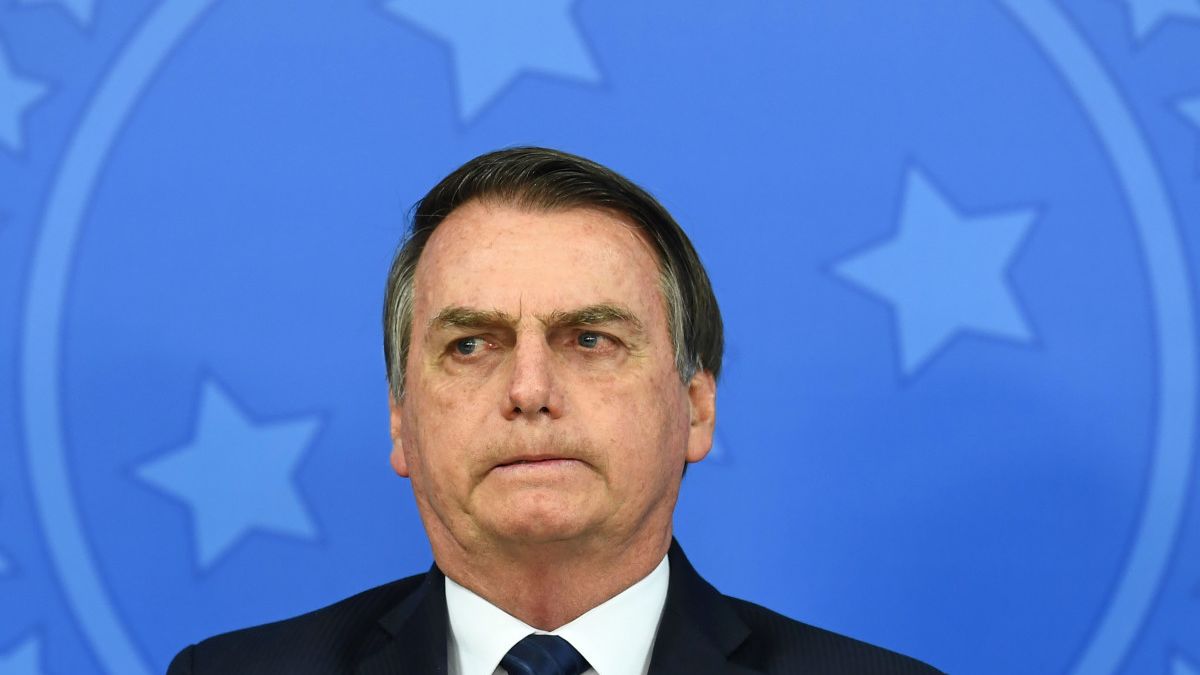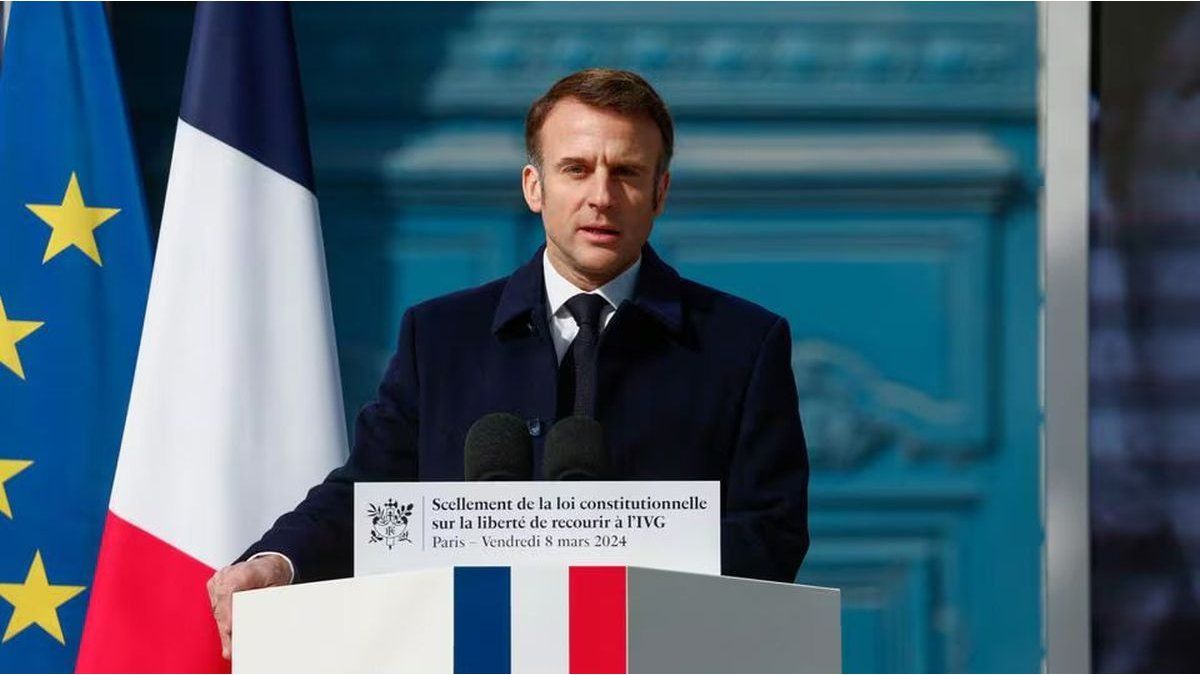Investments in hydrocarbons could exceed US$10 billion in 2023, which would represent growth for the third consecutive year. However, the number would be similar to what happened in 2015. The reflection in the world of oil & gas is that there are no new foreign investments, but rather reinvestment by current companies.
In this context, Ambit consulted industry leaders to find out how new capital could be injected: alternatives range from generating trust with schemes involving organizations such as ICSID, to legal options such as a decree that protects every dollar invested.
The total investment in upstream of oil and gas could end this 2023 at US$10,901 million, according to projections from Daniel Gerold, director of G&G Energy Consultants. “It is high, but insufficient,” he considered. If it closes like this, it would be the highest figure since 2015. Between 2016 and 2019 it was around US$7 billion, in 2020 with the pandemic it fell by half and since then it has been growing.
“What is generated locally from operations is invested at a high level, and some local financing, but no one brings capital from abroad,” said Gerold.
What they observe in the sector is that currently, all the money flow is from reinvestment by companies that already operate in Argentina: “What they generate in operations is reinvested, it is very clear in the fact that they do not appear new companies with new operations”, he considered Daniel Dreizzendirector at Aleph Energy – Ecolatina.
How to promote new investments
From a company that preferred not to be mentioned, they considered that The urgency should be to scale local production, and that for this it is not enough to reinvest alone, but international capital should be injected. As a scheme, the company in the hydrocarbon sector considered that it could be considered a legal scheme with international interference from ICSIDwhich is the International Center for Settlement of Investment Disputes, which depends on the World Bank.
“Adjusting the macroeconomy will promote investments, but that is medium term, for the short term there could be a scheme with the ICSID, which involves agreements between countries to support investments and that conflicts can be resolved there could help,” mentioned one private sector source.
In the “pyramid” of conditions necessary for there to be large hydrocarbon development in Argentina, Dreizzen considers that one of the structural conditions is financing, that there are “normal and stable” financial operating conditions for the industry. “We have dozens of meetings with executives from foreign companies in which we have to explain to them that to enter and get money they have to buy a bond. Even in the least developed countries you can enter foreign currency, have dividends and withdraw them,” Dreizzen explained.
Although he believed that this scheme will be corrected when the macroeconomy adjusts, he assured that an intermediate scheme should be thought of. “For years we have tried to isolate hydrocarbons from the economy; for every molecule of oil and gas that is generated, it implies more exports and fewer imports,” said the consultant. Alternatively, he considered some type of decree that implies that each new dollar of investment has some scheme to be able to turn over time. “In upstream a well is repaid in a year. But in midstream A lot of capital is sinking, there should be some system of repayment guarantees, because otherwise there are risks that private companies are not going to assume at this moment,” Dreizzen added.
Meanwhile, for consultant Daniel Gerold, the problem is not one of “lack of laws,” but rather “lack of compliance with laws.” For Gerold, currently, the biggest problem is the uncertainty regarding the prices. “There is a law that says that we must prioritize supplying the local market, and that is fine, but the law does not say that we must sell at a 40% discount, the delay is unprecedented in prices, capital cannot predict the prices, that’s why they don’t come,” he said.
To scale production and for new capital to arrive, Gerold considered that there should be a recomposition of internal fuel and oil prices, predictability in export rights, normalization of the foreign exchange market, the possibility of repaying debts and issuing dividends, the improvement in the import of fracturing sets and drilling equipment.
For its part, Julio Fonrougemember of the foundation Energy Contacts, assured that progress should be made in “less administrative intervention” by the Nation, provinces and municipalities, and considered that the arrival of new investments could occur with a “deregulation” of the sector. “We must work on an adequate promotion regime for investments, with integrity policies so that they are done properly,” he stated.
Source: Ambito




